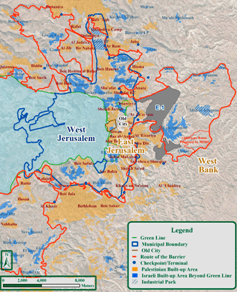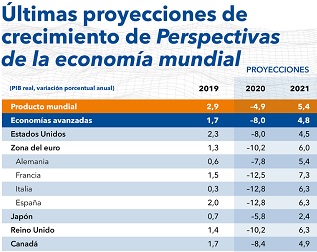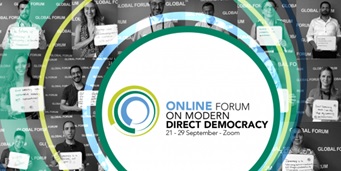See Main Points of the Democratic Party Platform 2020 HERE
The Republican National Committee adopted a resolution regarding the platform on August 22, 2020, that reiterated that the party would not adopt a new platform because "it did not want a small contingent of delegates formulating a new platform without the breadth of perspectives within the ever-growing Republican movement." The resolution also noted the party's continued support for Trump's America First agenda.
The text of the resolution adopted by the Republican National Committee on August 22, 2020, regarding the party's platform is available HERE
Next day (August 23, 2020), President Trump released the following list of core priorities for his second-term agenda. 
JOBS
- Create 10 Million New Jobs in 10 Months
- Create 1 Million New Small Businesses
- Cut Taxes to Boost Take-Home Pay and Keep Jobs in America
- Enact Fair Trade Deals that Protect American Jobs
- 'Made in America' Tax Credits
- Expand Opportunity Zones
- Continue Deregulatory Agenda for Energy Independence
ERADICATE COVID-19
- Develop a Vaccine by The End Of 2020
- Return to Normal in 2021
- Make All Critical Medicines and Supplies for Healthcare Workers in The United States
- Refill Stockpiles and Prepare for Future Pandemics
END OUR RELIANCE ON CHINA
- Hits: 4437

 punto más que en junio.
punto más que en junio. en el espacio.
en el espacio. Direct democracy is one of the mechanisms of participatory democracy, through the ability to draft and present legislative initiatives, the calling of plebiscites and referendums, community or town meetings allowing citizens to participate in decision makings and other means of active participation in government decisions.
Direct democracy is one of the mechanisms of participatory democracy, through the ability to draft and present legislative initiatives, the calling of plebiscites and referendums, community or town meetings allowing citizens to participate in decision makings and other means of active participation in government decisions.